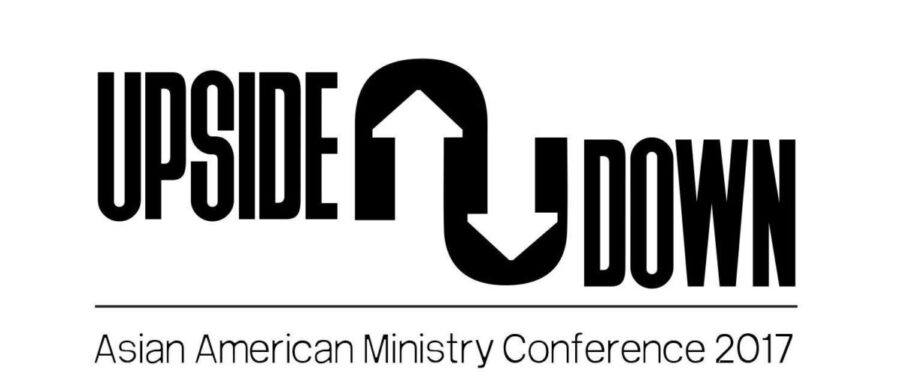With only seven years of church ministry experience, I never saw myself as an expert in anything. If anything, I’m barely starting to hit a stride with my church! By the grace of God, I was invited to speak at the 4th annual Asian American Ministry Conference at Biola University. The topic that I was asked to speak on was Church Organization. While this topic was familiar to me, I was also concerned because I had no idea what context I would be speaking too.
The obvious is that I would be speaking to an Asian American context. But I quickly realized that everyone would be coming from different church sizes, demographics, experiences, ages, and so on. My first plan was to talk about the nuts and bolts of church ministry:
- What are the bare necessities for a church to operate?
- What is the best tool for this or that?
- Big church vs small church? Pros and cons?
While these are all valid questions to ask during my seminar time, I’m sure you and I would agree that the answer is only a few Google searches away. As I got to talk to some of the folks who were planning on attending my seminar, I realized that the issue isn’t necessarily using the best tools. Instead, the issue was simply the fact that they haven’t explored the various needed roles to support the preaching and teaching of God’s word.
Lack of Training
While each college, university, and seminary is different, I realize that most pastoral training programs and regiments usually provided all the classes and tools necessary to do what a lead minister does. It may be counseling, preaching, small groups, and more. These are classes that prepare a potential minister to guide the flock. But what about that church potluck, the children’s Christmas musical, or the time when you have to send out giving reports to all your members? I never had a class that taught me any of these things, but these things happen to be essentials that bring communities together.
While some things are better taught outside of the seminary circle, I find that there are times when it may have be beneficial for seminaries to prepare a course or track for some of these things. Most of my guests at this seminar had no clue where to even begin with proper and healthy church organization. While much of what I mentioned was from the business world, I didn’t go get an MBA to be an Executive Pastor. Ministry will continue to move forward. Either we can wait for a class to be offered or take initiative and learn from other sources like conferences, online courses, or networking with others.
Lack of Breakthrough
When you start diving into new territories or software, it can get a little intimidating. I can imagine the thoughts of those around you and the questions they’re thinking:
- Will it help?
- Does it suck?
- Will people benefit from it?
- How much does it cost?
Almost everyone in my seminar session agreed that Asian American church ministry is behind in times. Since I’m not an expert on culture, I’m going off on a limb and would say that the second generation church may have inherited the immigrant mindset of church and finances:
- The program that costs $10 per month is “too costly”, but it’ll help beautify the ambiance and arts that are displayed throughout the church grounds.
- Since no one carries cash or their checkbooks anymore, why not start online giving so that people can give more flexibly. But the 2.8% + $70 cents is too much to give up.
- Where’s the directory for the married couples? Oh, it’s in an Excel spreadsheet that hasn’t been opened for 2 years. Why not start a central database for all contact and personnel information?
Yes, it can be a pain to set all this up and it’ll come to a point where some people may wonder if it justifies the cost. When the rubber meets the road, something is going to have change, and it’s usually somewhere in the communication pipeline. There may be a cultural aspect to overcome as well (hierarchical leadership model, etc.), but something needs change so we can see breakthrough in church organization.
Lack of Foundation
Just like our foundation in Christ when in opposition against the tides, a firm organizational foundation will keep the church moving in the midst of change. Whether it’s considering making documents, bylaws, constitutions, or contracts, a foundation needs to be set so when a pastor leaves or when something happens on campus, there is a foundation where we can stand. This also allows and empowers the staff and volunteers to expand. If given the room to grow on their own, there’s a greater sense of success and freedom that they wouldn’t have from micromanaging pastors and elders.
Concluding Thoughts
All in all, I know that there is a lot that can be said about church organization. I am definitely not a leading expert, but having gone through three lead pastoral changes in the past seven years, I think my experience can speak light into what has worked and what hasn’t work for my Asian American ministry context. My hope is for those who are seeking to know more are made aware of the barriers that come when beginning to organize a church.
Find out about this conference and more at aace.link.





Leave a Reply
Your email is safe with us.